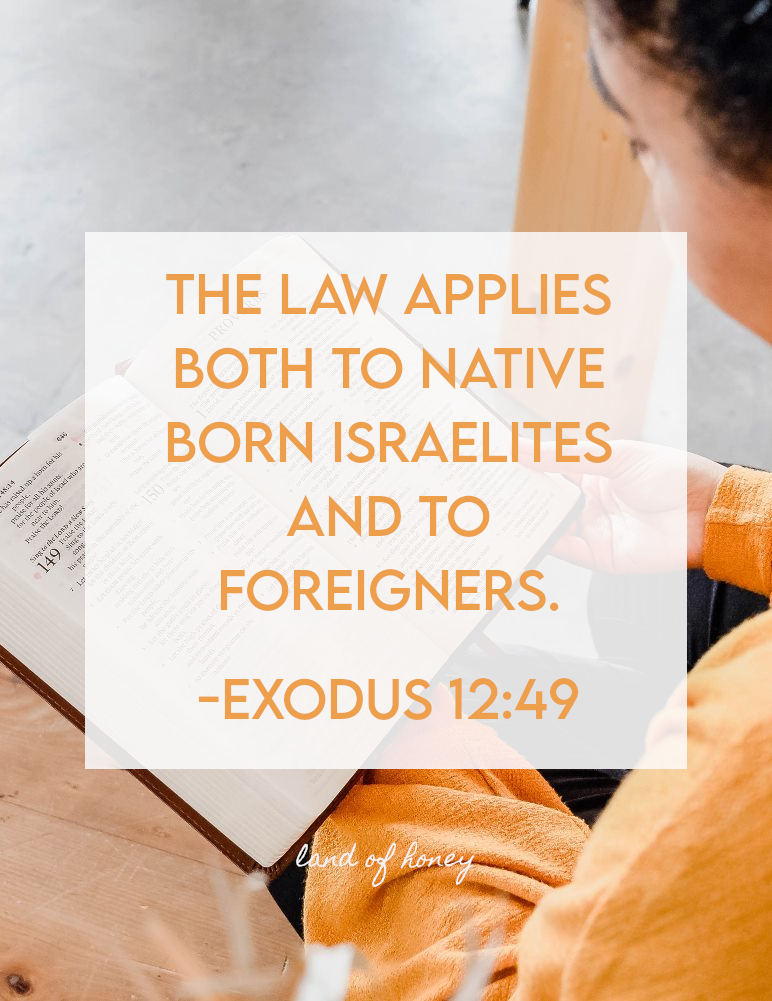What is Acts 15 about and what does it mean?
A lot of people will tell you that Acts 15:19-20 gives the requirements that gentiles should abide by. But as we've discussed before, this handful of instructions was given as a starting point for new believers to keep the commandments. The disciples issuing these directions were not saying that those things were all that was expected of believers, but were trying to give reasonable guidelines for the many people who had no understanding of Scripture's instructions who were entering the faith. The disciples knew that believers would learn more as they attended Sabbath service each week and expected them to gradually implement changes in their lives as they learned more details of how Scripture says they should live.
One common reason that people disagree with this understanding of the passage comes from this verse:
"It seemed good to us and the Holy Spirit to place no greater burdens on you than these necessary things..." -Acts 15:28
It's easy to read this verse and see it as 'proof' that all that is expected of believers is to not eat meat that was sacrificed to an idol, not to eat blood, not to eat anything that was strangled to death, and to abstain from sexual immorality...because it says right here that anything beyond that would be a burden, right? There's more to it than that. (As a side note, since these four things are expected of believers, we should probably hear that from pulpits and Bible studies once in a while!)
What does Acts 15:28 mean?
First of all, do we really expect that this is all that is required of believers? Is it fine to murder or steal or practice necromancy because those things are not enumerated here? This passage doesn't even tell us not to practice idolatry! I think most everyone reading this would say that believers are called to higher standards of living and conduct than just sticking to the four things bulletined in this passage of Acts.
And secondly, the Bible tells us that YHWH's instructions are not a burden for us! We read this in Deuteronomy 30:11 in the Old Testament, and the Messiah himself echoes this in Matthew 11:30 when he said that his burden was light. He wasn't saying to set down Biblical law because it was a burden...he was saying it wasn't a burden at all. If we believe these Scriptures that the commandments are not a burden to us, then we know that this verse cannot be talking about Biblical law.
So if Acts 15:28 is not talking about further commandments from Biblical law to be followed, what is it talking about? The answer is that the disciples were saying that they did not expect believers to follow the customs of Judaism, or the oral law. Please note that this means rules and rituals that were created by men, and not the instructions given by YHWH that are enumerated in Scripture.
One of the major themes of Acts is the acceptance of people who were not from Judah and who did not look or act Jewish. This is not to say that Jews weren't/aren't also welcome into the faith, but that following Jewish customs that aren't found in the Bible is not expected of believers. One of the significant things happening at this time in history was the shift from complicated manmade rituals back to the simplicity of what the Bible teaches, and this is what the leaders of the faith were saying. It seemed good to them and the Holy Spirit to not require that new believers become Jewish or partake in manmade customs in order to enter the faith. Of course, the Bible is not picking on just Judaism here. The same would apply to other religious belief systems. You also don't have to do Catholic rituals or be baptized into a certain denomination. It addresses Judaism, because that was being practiced at the time.
The Messiah had previously called attention to this issue when he said to religious leaders, "You have a fine way of rejecting the commandments of God in order to establish your own tradition." (Mark 7:9) We also know that the Messiah considered manmade religious rituals to be burdens. When a religious leader was surprised that Yahusha didn't participate in a handwashing ritual (something not directed in the Bible), in Luke 11:46, the Messiah responded, "You load people down with heavy burdens, and don't lift a finger to help them."
Are God's commandments a burden? Not according to the Messiah and the New Testament.
1 John 5:3 also tells us that YHWH's commands are not burdensome! The Messiah and the disciples never call the Bible's commandments too hard or difficult, but they did consider manmade rituals and traditions to be a burden, so that's what they aren't placing on believers in Acts 15:28. Why make it more difficult for people to accept the Gospel? Why tell people that walking in God's ways is harder than it really is? You do not have to adopt any customs that aren't commanded in Scripture in order to be accepted by YHWH. That's the message and meaning of Acts 15.
Related posts:
Understanding Acts 15:19-20
Commandments or Traditions - Understanding the New Testament
The Three Types of Laws in Scripture





















